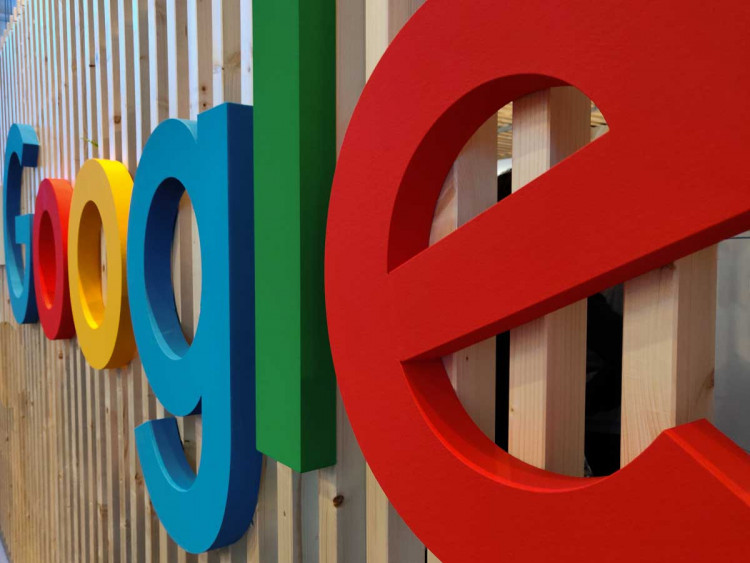Google has launched Gemini 2.0, its most powerful AI model suite, as part of its expanding push into agentic artificial intelligence and multimodal capabilities. The release, announced Wednesday, follows an initial rollout to developers and trusted testers in December 2024, marking a broader public debut as Google races against rivals OpenAI, Microsoft, Meta, and Anthropic in the AI arms race.
The Gemini 2.0 family includes multiple variants:
- Gemini 2.0 Flash: A high-speed, cost-efficient model designed for high-frequency tasks at scale.
- Gemini 2.0 Pro Experimental: Optimized for coding and mathematics-related applications with an emphasis on factual accuracy.
- Gemini 2.0 Flash-Lite: A low-cost AI model providing performance improvements over its predecessor, 1.5 Flash.
The models are now available via Google's AI Studio and Vertex AI, giving developers access to Google's most capable AI infrastructure to date.
Google's Expanding AI Strategy: A Push for AI Agents
Google's AI roadmap is shifting toward "AI agents"-models capable of performing complex, multistep tasks autonomously rather than requiring users to guide them through each step.
"Over the last year, we have been investing in developing more agentic models, meaning they can understand more about the world around you, think multiple steps ahead, and take action on your behalf, with your supervision," Google said in a statement.
This approach mirrors efforts by OpenAI, Microsoft, and Anthropic, all of which are developing similar autonomous AI capabilities.
- Anthropic's AI agents can already operate computers like humans, interpreting on-screen information, navigating software, and completing workflows.
- OpenAI's Operator feature allows AI models to book reservations, fill out forms, and perform research without manual step-by-step guidance.
- Meta and Amazon are also expanding their focus on agent-driven AI experiences for both consumers and enterprises.
Gemini 2.0's New AI Capabilities and Performance Boosts
In addition to its agentic AI focus, Gemini 2.0 introduces significant advancements in multimodal AI, which processes and generates text, images, video, and audio natively.
Google's Flash Thinking AI is designed to break down problems into smaller steps, enhancing reasoning and logical processing capabilities. This makes it particularly useful for long-form research, scientific computations, and advanced coding tasks.
The experimental Gemini 2.0 Pro model, which leaked ahead of launch, reportedly offers improved factual accuracy and greater performance in math and coding applications, addressing previous concerns about hallucinations and misinformation in generative AI models.
Massive AI Investment: Google's $75 Billion Bet on AI Dominance
The release of Gemini 2.0 comes as Google ramps up AI investments to $75 billion in 2025, more than double the $32.3 billion spent in 2023 on capital expenditures.
This puts Google's spending in direct competition with Microsoft and OpenAI, both of which are expanding AI infrastructure and cloud services to accommodate growing AI workloads.
Sundar Pichai, Google's CEO, acknowledged the competitive landscape, stating in a 2024 strategy meeting, "In history, you don't always need to be first, but you have to execute well and really be the best in class as a product. I think that's what 2025 is all about."
What's Next for Google's AI Roadmap?
Google's next move will likely involve integrating Gemini 2.0's capabilities across its suite of products, including Google Search, YouTube, and Google Maps, where AI-powered automation and reasoning could enhance search relevance and interactive content creation.
The company is also expected to continue refining AI-generated research assistants, similar to OpenAI's Deep Research, which compiles in-depth reports and synthesizes complex information on demand.






